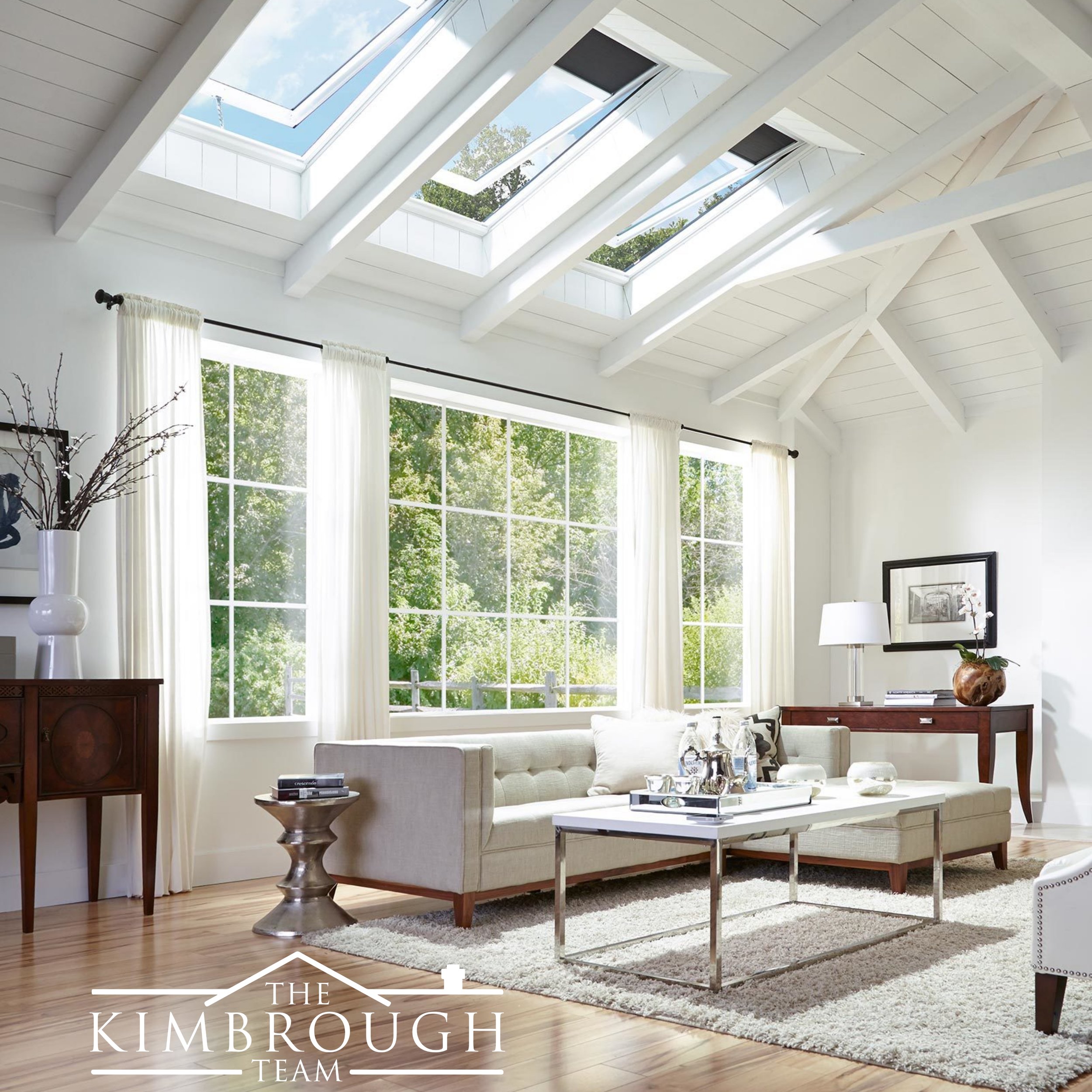Dwight,
On face value it sounds like you could go either way. Your friend is right, it can be a really good thing and offer you, the buyer, and the real estate agents some peace of mind that the home is in good condition and free of any major problems. The decision should be based on your knowledge of the home and how likely you believe it is that a problem may come up during the home inspection period. With any home built in the 70’s there is a reasonable chance that quite a few items will come up on the home inspection, not because you haven’t taken care of your home, but because it is old! Generally I think it is a good idea, based on the age of your home, but it will set you back $300-$400. This may be a very small sum in the long run, if it prevents a deal from falling apart.
One major thing that a pre home inspection will do is likely bring any “deal killers” to the surface before you get your home on the market and under contract. If you do find a significant issue up front this will allow you to get it resolved prior to putting it on the market and getting it under contract. There is no doubt in my mind that many things that happen during and related to the inspection period, after a home goes under contract, are blown way out of proportion and have as much to do with leverage, emotion, fear and lack of knowledge than the problems that are discovered and their remedies. Once a For Sale sign goes up in your yard, regardless of what anyone says, everything changes and everything gets magnified, especially in a market where buyers can be difficult to find.
There are two things that I think are a great idea, regardless of the age of your home. If you are currently on a septic system, I highly recommend you have your tank pumped and inspected prior to putting the home on the market as this serves not only as great preventive maintenance but will also put a stop to any potential septic issues before they generally get started. Also, have a Licensed heating and air conditioning professional come and give your heating and cooling systems the once over and provide a receipt for a clean bill of health. Septic systems and your homes mechanical systems (especially heating) are two items that many home inspectors single out and recommend buyers have those evaluated by Septic and HVAC professionals. It is good preventive maintenance and eliminates the potential for a conflict of interest to have those things checked out ahead of time. One more thing, if you have any question or doubts about your roof, have that inspected also. Roof inspections are generally free and will bring any potential issues to light and notify you in advance if your roof is at the end of its expected life.
I recommend a pre-home inspection if you have ANY concerns about a “deal killer” issue that may come to light. If you have no concerns about that, then I would not do one. If you do have concerns that there may be an issue there, some little nagging hunch, then I would pull the trigger on one and not even think twice about it. You know your home better than anyone and if you think you need to have one done let me know and I will be happy to recommend a few that will do a great job! A pre-home inspection is not for everyone, but maybe it should be….. I am finding myself rethinking the issue as I write this column. Thanks for the thought-provoking question.
Dave Kimbrough
The Kimbrough Team
Have a question? Ask Dave!
















